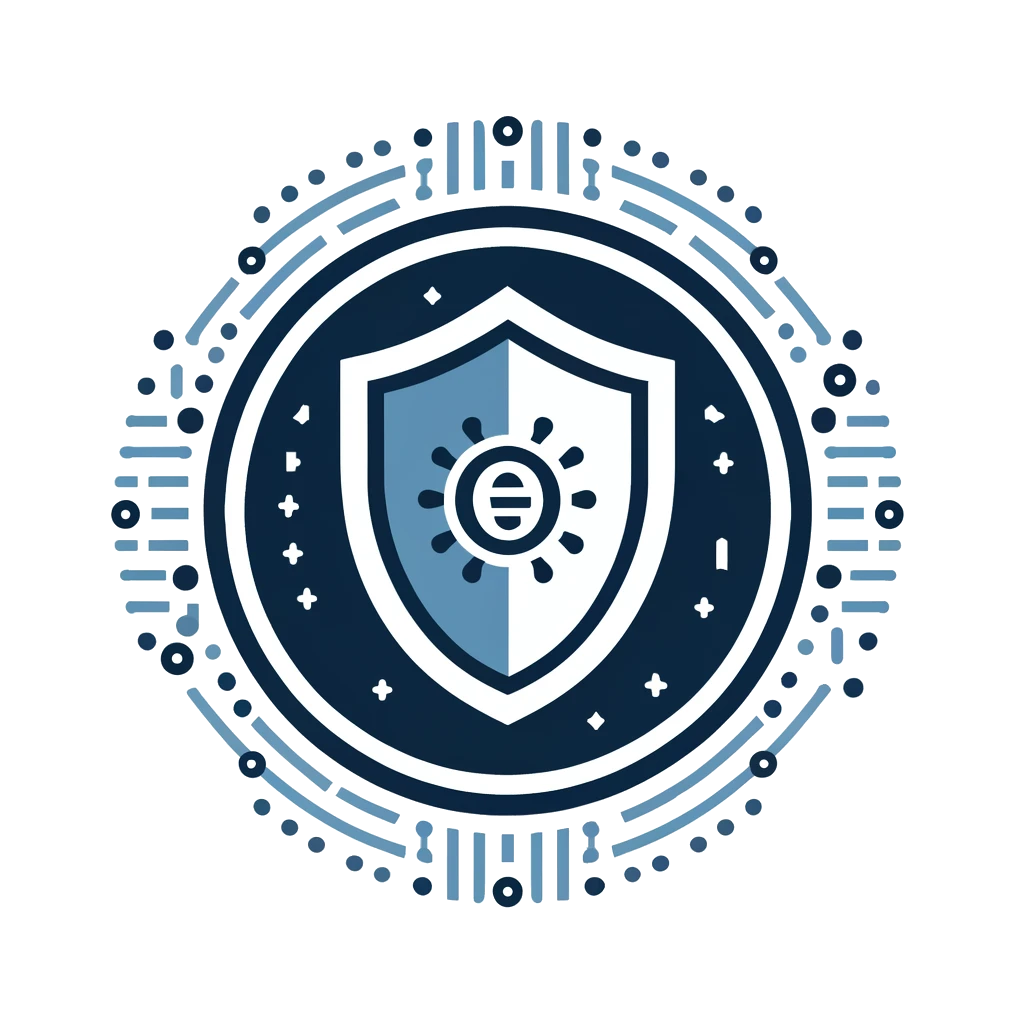Derogatory Domain
Derogatory Domain
A Derogatory Domain refers to an internet domain name that contains offensive, inappropriate, or disparaging language, symbols, or terms that may be considered offensive, discriminatory, or derogatory towards individuals, groups, or organizations. Derogatory domains are often used for malicious or abusive purposes, such as cyberbullying, hate speech, or online harassment, to target specific individuals, communities, or ethnic groups with offensive content or inflammatory rhetoric.
Overview
Derogatory domains typically include words, phrases, or expressions that are intended to insult, demean, or belittle individuals based on their race, ethnicity, gender, sexual orientation, religion, or other personal characteristics. These domains may be registered with the intention of spreading hate speech, inciting violence, or promoting discriminatory ideologies, violating ethical standards, community guidelines, or acceptable use policies established by domain registrars, hosting providers, or internet authorities.
Examples
Examples of derogatory domains may include:
- Racial Slurs: Domains containing racial epithets, derogatory terms, or offensive language targeting specific racial or ethnic groups with discriminatory or prejudiced remarks.
- Sexual Harassment: Domains featuring sexually explicit content, obscene language, or lewd imagery that objectifies, demeans, or degrades individuals based on their gender, sexual orientation, or physical appearance.
- Hate Speech: Domains promoting hate speech, intolerance, or extremist ideologies that advocate violence, discrimination, or persecution against marginalized communities or minority groups.
- Cyberbullying: Domains used for cyberbullying, online harassment, or defamation campaigns aimed at defaming, humiliating, or intimidating individuals through malicious or abusive content.
- False Representation: Domains impersonating individuals, celebrities, public figures, or organizations with the intent to deceive, mislead, or deceive internet users for fraudulent or deceptive purposes.
Legal and Ethical Implications
The registration, use, or dissemination of derogatory domains may raise legal and ethical concerns related to:
- Intellectual Property: Violating trademarks, copyrights, or intellectual property rights by registering domains that infringe on the trademarks, brand names, or copyrighted materials of third parties without authorization or consent.
- Cybercrime: Engaging in cybercrime, online fraud, or criminal activities by using derogatory domains for phishing scams, malware distribution, identity theft, or financial fraud schemes targeting unsuspecting internet users.
- Free Speech: Balancing freedom of expression with the prevention of hate speech, discrimination, or harassment by regulating derogatory domains that promote harmful or offensive content while respecting constitutional rights, legal protections, and community standards for online speech.
- Internet Governance: Upholding ethical standards, best practices, and regulatory frameworks for internet governance, domain registration, and content moderation to combat abusive or harmful behavior while preserving internet openness, accessibility, and inclusivity for all users.
Mitigation Strategies
Mitigation strategies for derogatory domains may include:
- Domain Monitoring: Monitoring domain registration databases, WHOIS records, or domain marketplaces for derogatory domains that violate acceptable use policies or community guidelines.
- Domain Blacklisting: Maintaining blacklists, blocklists, or domain reputation databases that flag derogatory domains for removal, suspension, or enforcement action by domain registrars, hosting providers, or internet authorities.
- Content Moderation: Implementing content moderation, user reporting mechanisms, or community policing measures to identify and remove offensive content, hate speech, or abusive behavior associated with derogatory domains on websites, social media platforms, or online forums.
- Legal Enforcement: Enforcing legal measures, cease-and-desist orders, or legal remedies to address trademark infringement, copyright violations, or cybercrimes perpetrated through derogatory domains, including domain disputes, takedown requests, or legal proceedings against domain owners or operators.
Future Trends
Future trends in mitigating derogatory domains may include:
- AI-Powered Detection: Leveraging artificial intelligence (AI), machine learning (ML), or natural language processing (NLP) algorithms to automatically detect, analyze, and flag derogatory domains based on linguistic patterns, semantic analysis, or sentiment analysis of domain names and content.
- Blockchain Technology: Exploring blockchain-based domain registration systems, decentralized domain name systems (DNS), or domain ownership verification mechanisms to enhance transparency, accountability, and trustworthiness in domain registration processes while preventing abusive or malicious domain registrations.
- Global Cooperation: Fostering international collaboration, industry partnerships, or multistakeholder initiatives to combat online hate speech, cyberbullying, or digital harassment by coordinating efforts among governments, law enforcement agencies, civil society organizations, and technology companies to address the root causes and societal impacts of derogatory domains.
